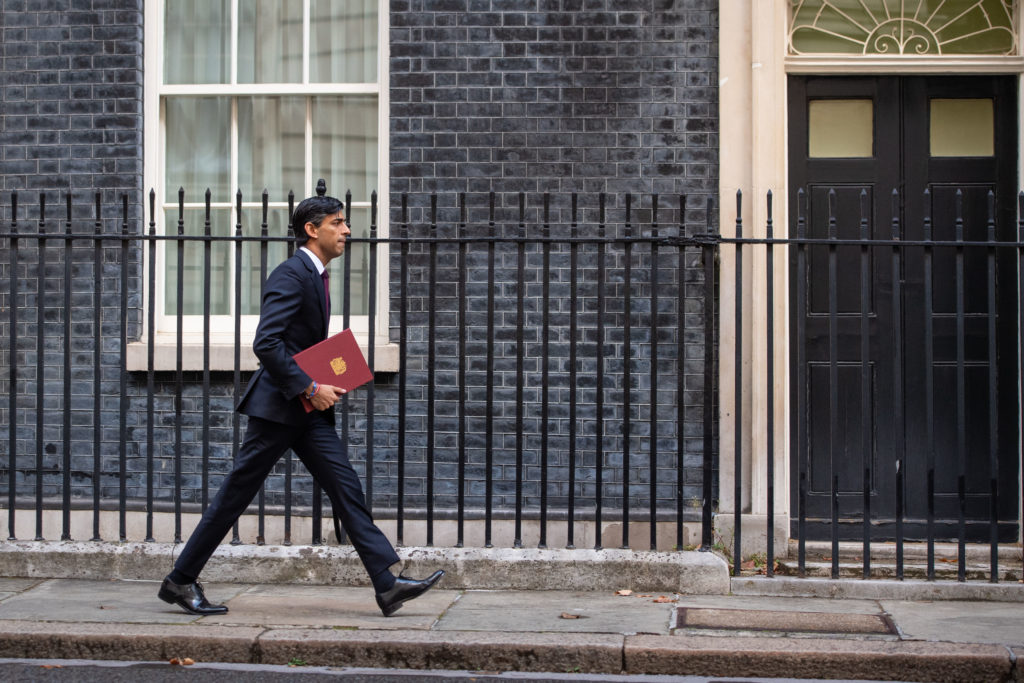The government’s Coronavirus Job Retention Scheme is set to end today.
The scheme, which supported the wages of one-third of workers at its height, is estimated to have cost around £70 billion.
A wave of redundancies and a corresponding increase in unemployment is now likely.
However recent ONS data has shown some sectors in recovery, with vacancies in the UK hitting a record of over one million with openings in the hospitality and transport industries up by over 75% in just three months.


Yet the conclusion of the scheme corresponds with the end of the £20 Universal Credit uplift ends, amid rising food and energy bills. The COVID local support grant introduced to help people with food and bills during the pandemic also ends today.
In a letter to the chancellor, Liberal Democrat Treasury spokesperson Christine Jardine warned of a “tidal wave” of unemployment and said the furlough scheme must be maintained for another six months for 10 badly hit industries such as air travel.
“The withdrawal of furlough risks having a devastating impact on countless families already facing a winter of soaring energy bills,” said Ms Jardine, adding: “The government needs to rethink its approach or the country could face a Coronavirus Black Thursday.”
The Association of British Travel Agents has warned that companies in their sector continue to face “extreme difficulties” due to international travel restrictions.
The hospitality industry also continues to face challenges, and there are concerns that upcoming VAT rises on the sector—scheduled to rise from 5% to 12.5% and then back to 20% in March—will have a knock-on effect on jobs.
Emily Andrews, of the Centre for Ageing Better, has warned of the disproportionate impact the end of the scheme could have on older workers, saying: “Throughout the pandemic, over-50s have been hit hard by redundancies, and it’s likely that the end of the furlough scheme will be no exception.
“Job losses for this group are particularly worrying, as we know that they are more likely to struggle to get back into work. In the past, back-to-work support simply hasn’t worked for the over-50s.”
Furlough levels were higher in London on July 31 than in other parts of the country, with eight London areas having rates of 9 per cent to 10 per cent of workers receiving wages through the scheme.
Speaking on the BBC Radio 4 ‘Today’ programme this morning, Simon Clarke, chief secretary to the Treasury, championed the success of the furlough scheme, saying: “The fact that furlough can end today is a mark of its success. It has protected millions of jobs. We think that there are probably two million fewer people unemployed than would have been the case if this scheme had not been introduced, and I think it has done an enormous amount to shield our economy and our society from the worst of Covid.
“We estimate that the poorest households have lost the least proportion of their income during this crisis which is a good reflection on the package of measures that have been introduced.”
Backbench Conservative MP John Redwood also welcomed the end of the scheme, stating via Twitter that it was “Right to wind up the furlough scheme and get people back to work. We need more people to come forward for the large number of vacancies if some are unfortunate to find their old job cannot be sustained.”
This morning the Treasury announced a new £500 million support fund to help vulnerable households with essentials over the coming winter months.
Mr Clarke said of the new scheme: “It is designed precisely to ensure that people who are vulnerable to the cost of living issues that we have been discussing get the help they need through the winter ahead.”












